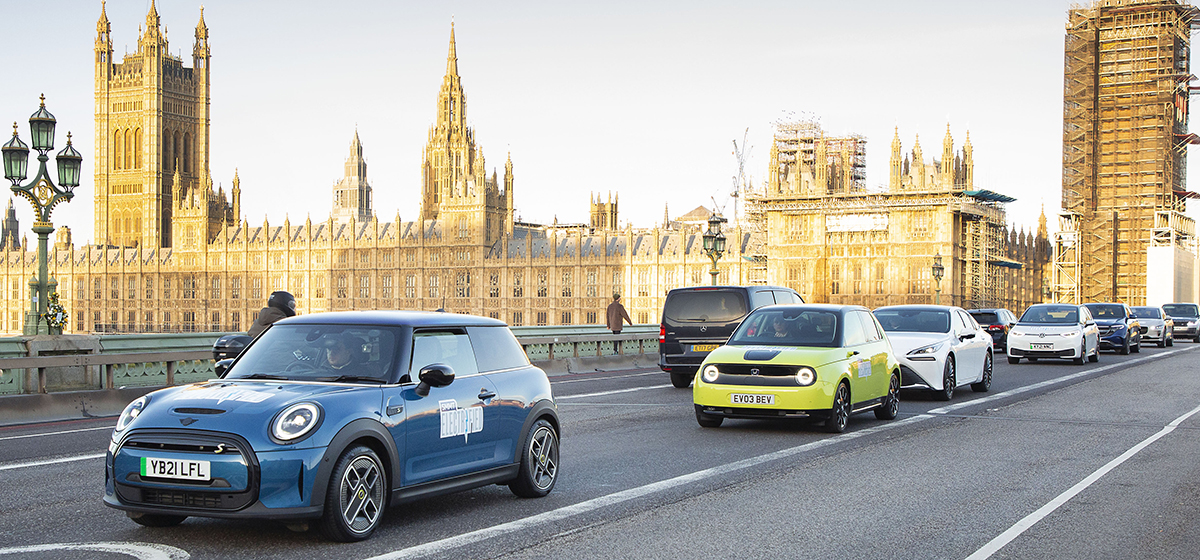Last week the SMMT, the UK representative organisation for the motor industry, organised a well-attended video conference introduced by Mike Hawes, CEO of the organisation. In his opening address Hawes questioned Boris Johnson’s challenge for the sales of cars with internal combustion engines to stop by 2030 whilst chancellor Rishi Sunak is cutting plug-in car incentives.
In his opening address Hawes questioned Boris Johnson’s challenge for the sales of cars with internal combustion engines to stop by 2030 whilst chancellor Rishi Sunak is cutting plug-in car incentives.
“We need incentives that tempt consumers, infrastructure that is robust and charging points that provide reassurance, so that zero-emission mobility will be possible for everyone, regardless of income or location.”
He was making the point that business users were providing the largest market for electric-powered cars.
SMMT analysis of new car registrations in 2020 show that just 4.6% of privately bought cars were battery electric vehicles (BEVs) – compared to 8.7% for businesses and large fleets. In total, consumers registered 34,324 BEVs in 2020, compared to 73,881 corporate registrations.
Given present projections suggesting the majority of drivers will choose to charge their vehicle at home if they can, SMMT also estimates that there would need to be around 2.3m public charge points in service by 2030 to provide adequate coverage and tackle range anxiety – meaning more than 700 new charge points would have to be installed every day until the end of the decade. By comparison, the installation rate is approximately 42 a day presently.
BTN continues to cover the electrification of the car market with a brief this week. See First Gridserve electric forecourt at Braintree, Essex.
www.smmt.co.uk